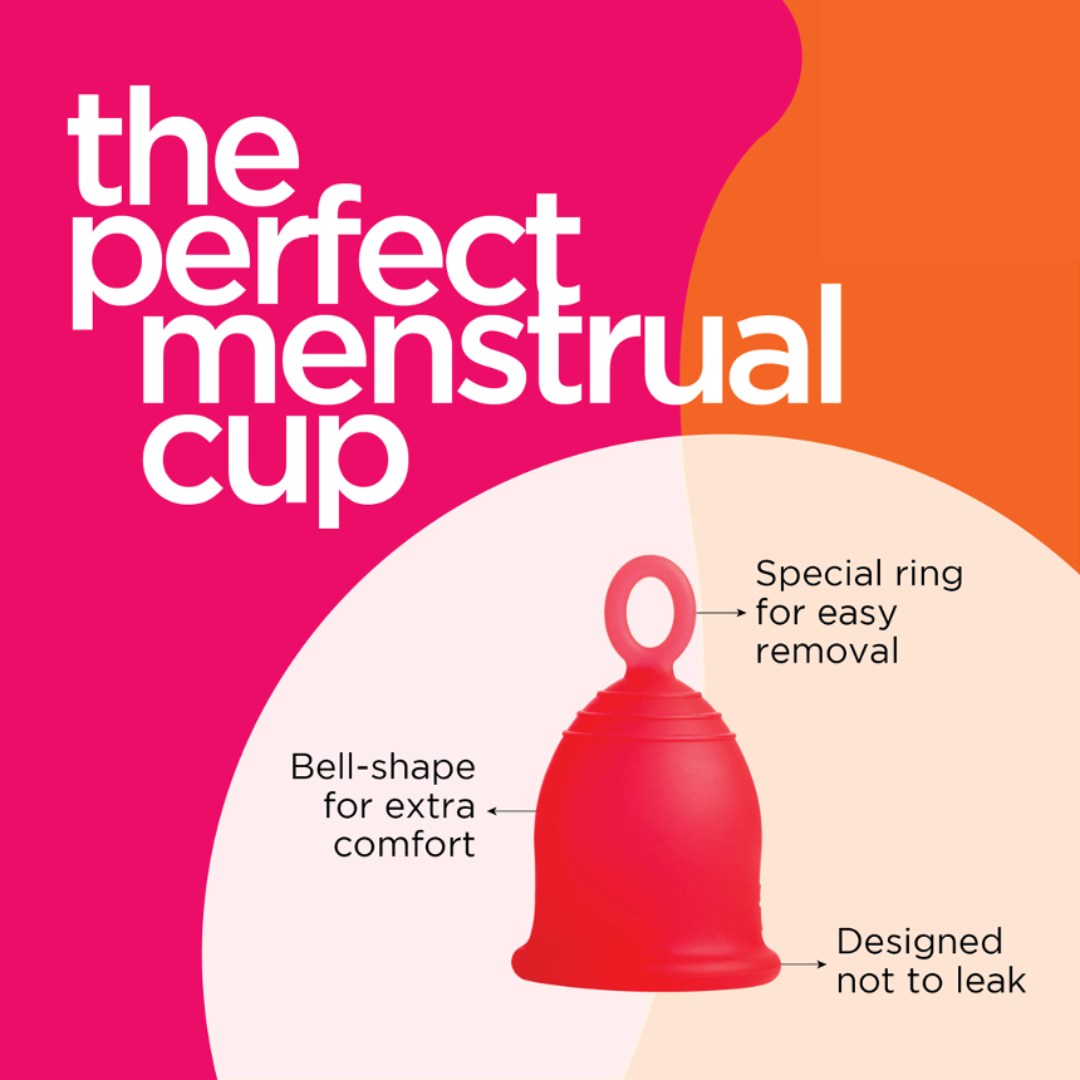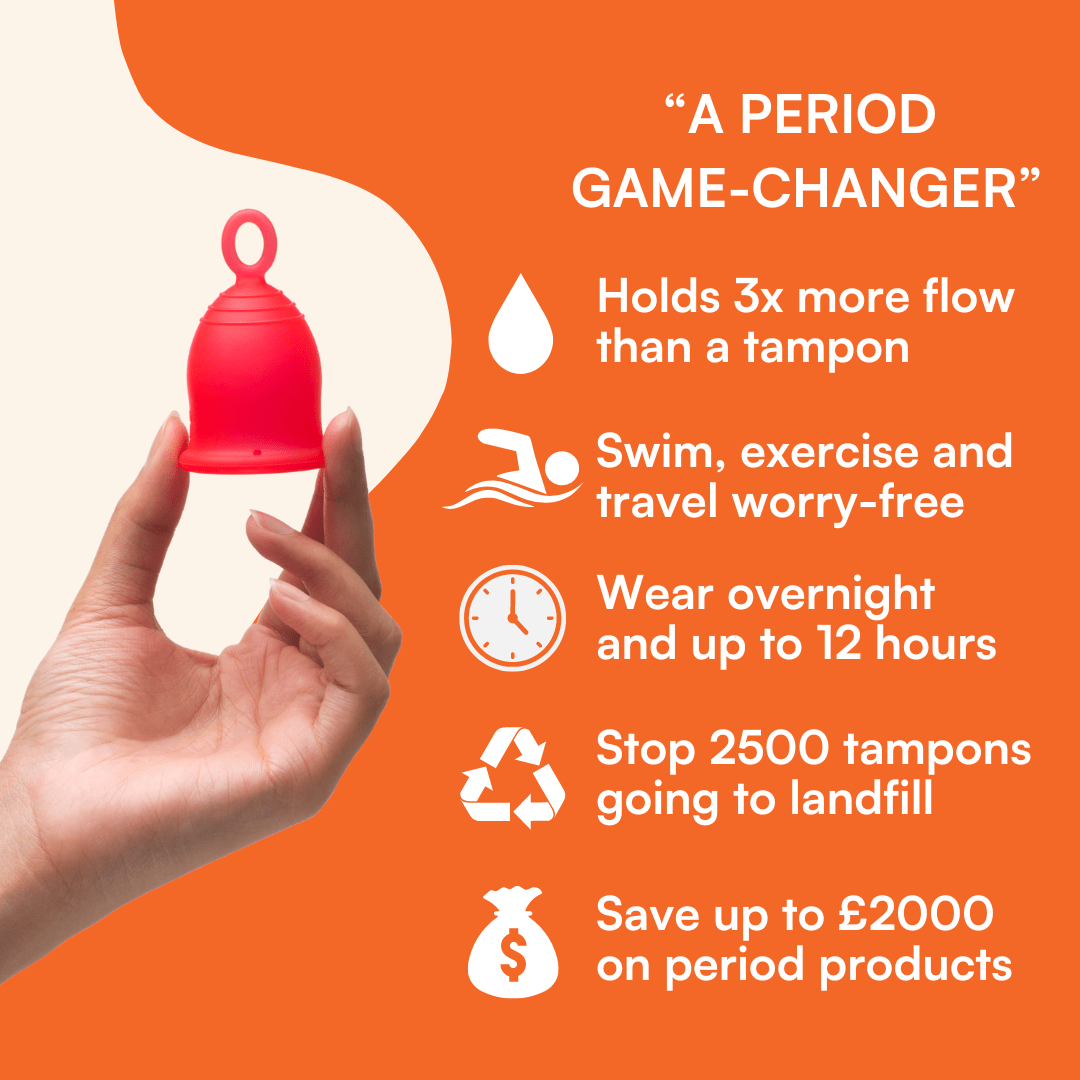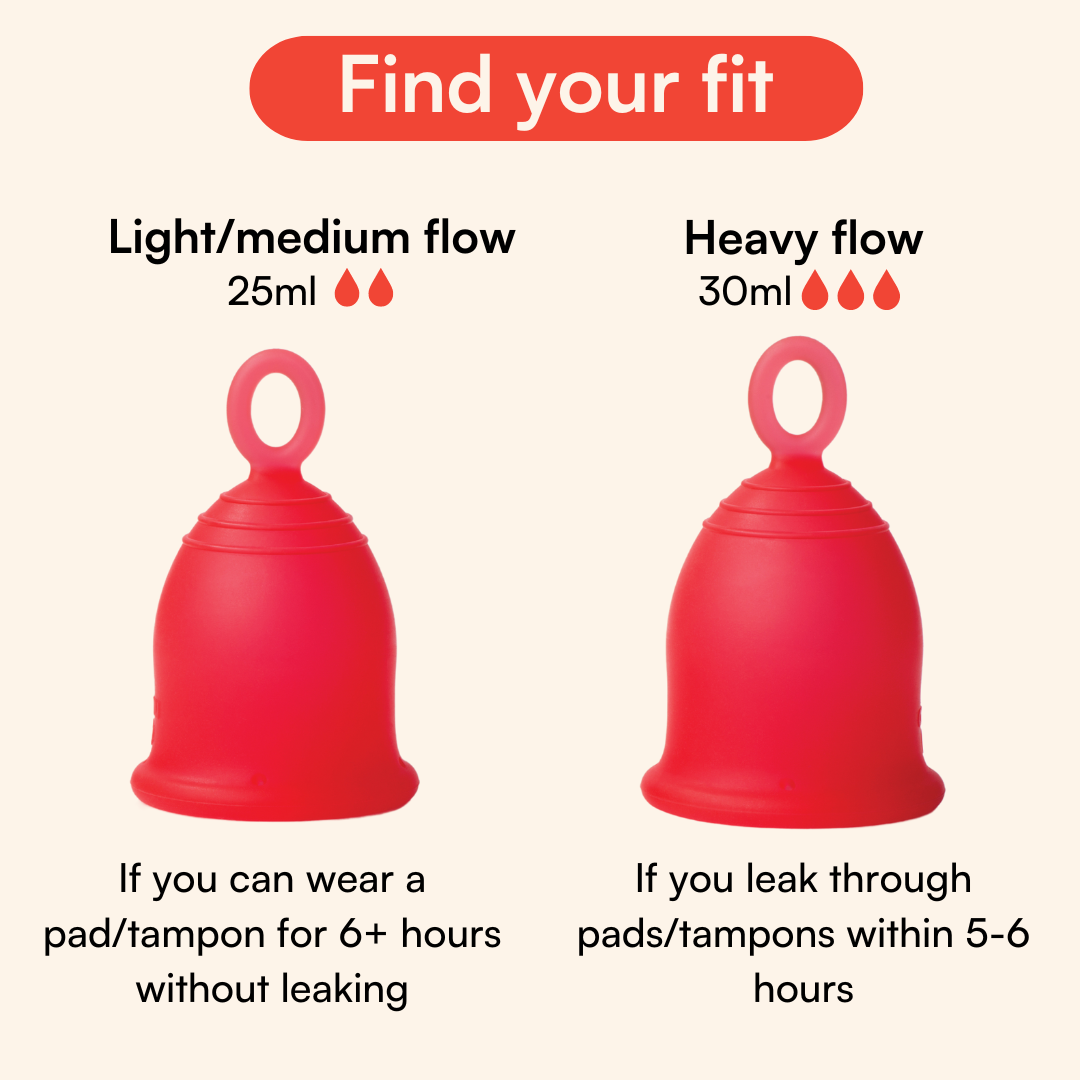 Stressed about your period being late? You’re not alone. A menstrual cycle can be late for many reasons, the most commonly talked about being pregnancy. But, more often than not, there are other factors at play including hormonal imbalance, stress or even excessive exercise.
Stressed about your period being late? You’re not alone. A menstrual cycle can be late for many reasons, the most commonly talked about being pregnancy. But, more often than not, there are other factors at play including hormonal imbalance, stress or even excessive exercise.
In this blog, we highlight some of the most common causes of late periods.
late period and stress
There are many levels of stress and sometimes it is difficult to determine how much stress is too much or what kind of stress can delay your period. According to physicians, the way that stress affects your menstrual cycle depends on your unique brain and body.
 Cortisol or the “stress-hormone,” is a hormone that is released when you’re under stress. When this hormone interacts with the hypothalamus—the part of the brain that controls period inducing hormones such as oestrogen and progesterone—it can interfere with the normal release of hormone inducing chemicals and in turn, cause irregular or late periods.
Cortisol or the “stress-hormone,” is a hormone that is released when you’re under stress. When this hormone interacts with the hypothalamus—the part of the brain that controls period inducing hormones such as oestrogen and progesterone—it can interfere with the normal release of hormone inducing chemicals and in turn, cause irregular or late periods.
Due to this, late period and stress management has been widely looked into and the common recommendations to bring stress (cortisol) levels down are exercise, good nutrition, laughter, meditation, and quality sleep.
late period and weight gain effects
Weight changes can have an impact on your period because hormone levels are affected by your weight and levels of body fat. For example, weight gain causes an increase in adipose tissue which in turn produces extra oestrogen that can get in the way of ovulation and cause missed or delayed periods.
The greater your BMI (especially if it falls in the obesity range for your weight), the higher your chances of missing your period.
To learn more read more about how obesity affects periods.
late period after sudden weight loss
It isn’t just the loss of weight that affects your period, but also how fast you lose it. If you reduce weight by significantly restricting your calories or through strenuous exercise, it may cause a physical stress response that affects your hormone levels. This causes periods to be lighter and less frequent. This is usually why those with eating disorders or poor nutrition diets have very light and irregular periods.
Read this blog to learn more about what foods are good for your period.
 Losing too much weight can also lead to no periods at all, and when you haven’t had a period for three months or more (and are not pregnant), it is known as amenorrhea. Being underweight also causes a drop in oestrogen, which interrupts ovulation and causes you to miss your period. If you do not ovulate, you cannot get pregnant. Hence, weight loss, late period and fertility issues are also correlated.
Losing too much weight can also lead to no periods at all, and when you haven’t had a period for three months or more (and are not pregnant), it is known as amenorrhea. Being underweight also causes a drop in oestrogen, which interrupts ovulation and causes you to miss your period. If you do not ovulate, you cannot get pregnant. Hence, weight loss, late period and fertility issues are also correlated.
late period and effects of excessive exercise
Exercising itself doesn’t cause missed or late periods but when there’s an imbalance between energy consumed and energy used, it results in low energy availability which can affect the menstrual cycle.
 When you exercise too much, it causes your body to tap into the energy that it would otherwise use to run the day-to-day processes. As a result, the hypothalamus slows or stops the release of the hormones that control ovulation resulting in missed or late periods.
When you exercise too much, it causes your body to tap into the energy that it would otherwise use to run the day-to-day processes. As a result, the hypothalamus slows or stops the release of the hormones that control ovulation resulting in missed or late periods.
late period and polycystic ovary syndrome (PCOS) diagnosis
PCOS is a common type of hormonal imbalance in women between the ages of 15-44. It is caused by an imbalance of androgens (male sex hormone), and affects a woman’s ovaries. Common symptoms include ovarian cysts, irregular menstrual cycles, and increased body hair.
The high androgen levels can interfere with the development and release of eggs. For women with PCOS, instead of the eggs maturing, the ovarian cysts can develop and build up on the ovaries preventing ovulation. This leads to late periods caused by ovarian cysts.
One of the most common treatments of PCOS includes birth control pills. These are given to externally regulate the hormones and create a more regular cycle. These pills prevent you from getting your period more than once every few months by keeping your hormone levels low.
late period after stopping birth control
It is normal to have late or missed periods after stopping the pill. The pill affects your body’s production of hormones that are involved in your menstrual cycle and according to healthcare experts, it can take several months for your body to return to its normal production, and hence several months for your period to return.
 However you must remember that your body will most likely go back to it’s normal and unique way of functioning after you’ve stopped the pill. This means that if you had irregular periods before you began using the pill, you may find that once you get your period back, it will be irregular again. In this case, the cause of the irregular or late period may be something else and it’s always recommended that you consult your doctor for more clarity.
However you must remember that your body will most likely go back to it’s normal and unique way of functioning after you’ve stopped the pill. This means that if you had irregular periods before you began using the pill, you may find that once you get your period back, it will be irregular again. In this case, the cause of the irregular or late period may be something else and it’s always recommended that you consult your doctor for more clarity.
To learn more about this, read the blog on how birth control pills affect your period.
late period due to hormonal imbalance
Hormones are your body’s messenger system for various processes, including your menstrual cycle. An imbalance of hormones can significantly affect your period. Hormones can fluctuate at different times and under different conditions such as pregnancy, perimenopause, menopause, thyroid disorders, medications, and sometimes even a particular chronic illness such as endometriosis.
More often than not, hormones can be balanced by making lifestyle changes such as better nutrition, exercise, and stress management. But, if that doesn’t work then depending on the imbalance or irregularity of the hormones, other treatments or hormonal therapy might also be used.
late period and pregnancy symptoms
Lastly, a late period can definitely be a sign of pregnancy but if you’re wondering whether it’s that or something else, you can look for other early signs of pregnancy.
 These symptoms include fatigue, spotting (light bleeding), nausea, breast tenderness, headaches and more. If you’re unsure, you could take a pregnancy test or consult your doctor.
These symptoms include fatigue, spotting (light bleeding), nausea, breast tenderness, headaches and more. If you’re unsure, you could take a pregnancy test or consult your doctor.














